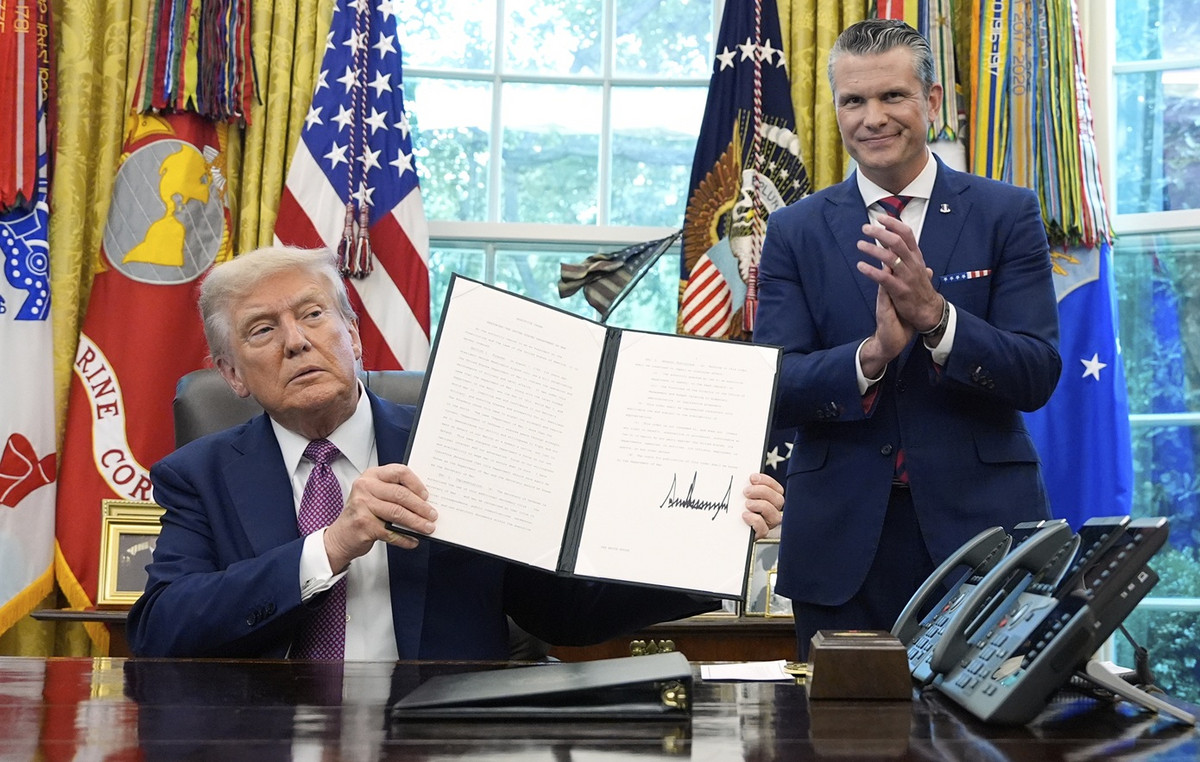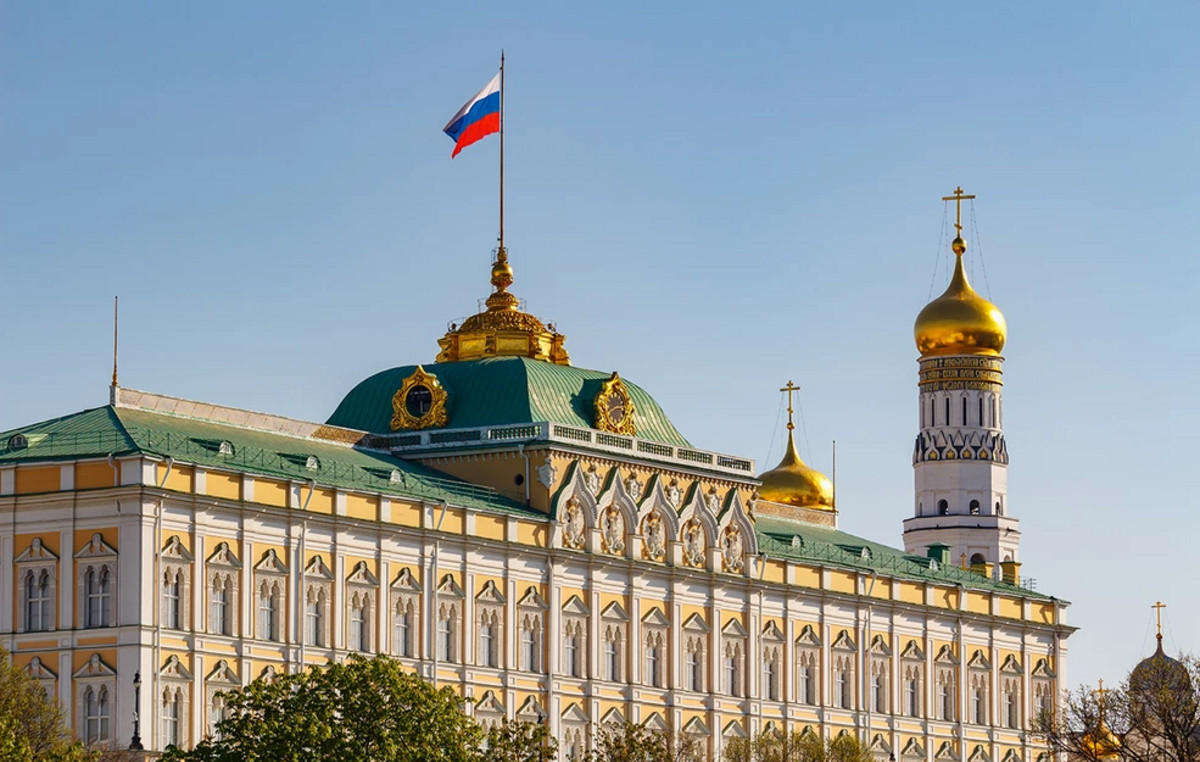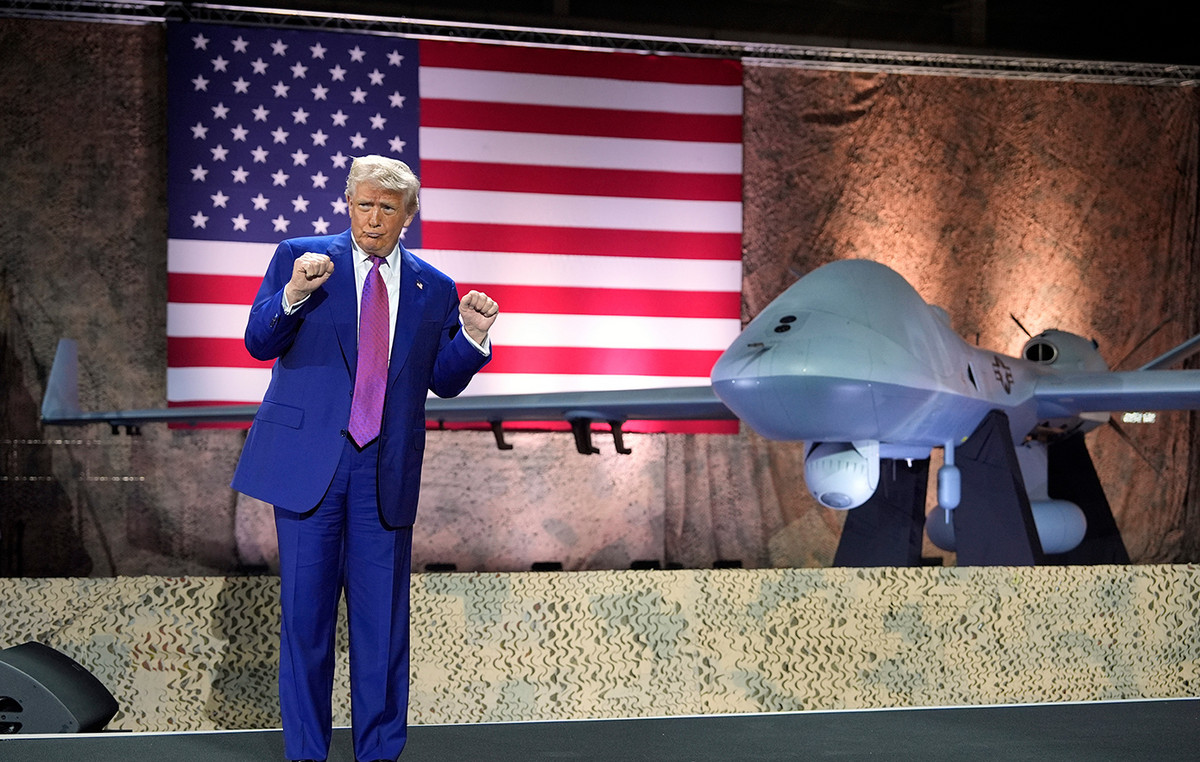Lebanon’s parliament failed to elect a president for the third time on Thursday, bringing the country closer to an institutional impasse amid a deep financial crisis.
Former President Michel Aoun’s term ends on October 31 and divisions remain between political blocs over forming a new cabinet.
Lebanon has been without a fully functioning government since May. The presidency has been vacant several times since the civil war that lasted from 1975 to 1990.
Lebanon’s financial collapse sank the currency by more than 90%, spread poverty, crippled the financial system and froze depositors of their savings in the most destabilizing crisis since the country’s civil war.
A total of 119 of the 128 lawmakers met for half an hour on Thursday. Election rules require a two-thirds quorum, which means that no party or alliance can impose its choice.
A first round requires two-thirds of the vote to win. If that fails, an absolute majority of votes is sufficient.
Thursday’s session had 55 blank votes, 42 for anti-Hezbollah lawmaker Michel Mouawad and the rest of the ballots including scattered votes for political slogans. One vote went to a “benevolent dictator”.
Speaker of Parliament Nabih Berri has set the next session for 24 October.
Anticipating another vacuum at the top, politicians have stepped up efforts to reach agreement on a new cabinet led by Sunni Muslim Prime Minister Najib Mikati — who is currently serving as caretaker — to which presidential powers can pass.
That could leave the country without a president and an interim cabinet.
Foreign powers, including the United States and the European Union, have called for timely presidential elections.
Source: CNN Brasil
I’m James Harper, a highly experienced and accomplished news writer for World Stock Market. I have been writing in the Politics section of the website for over five years, providing readers with up-to-date and insightful information about current events in politics. My work is widely read and respected by many industry professionals as well as laymen.







